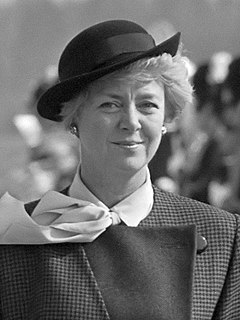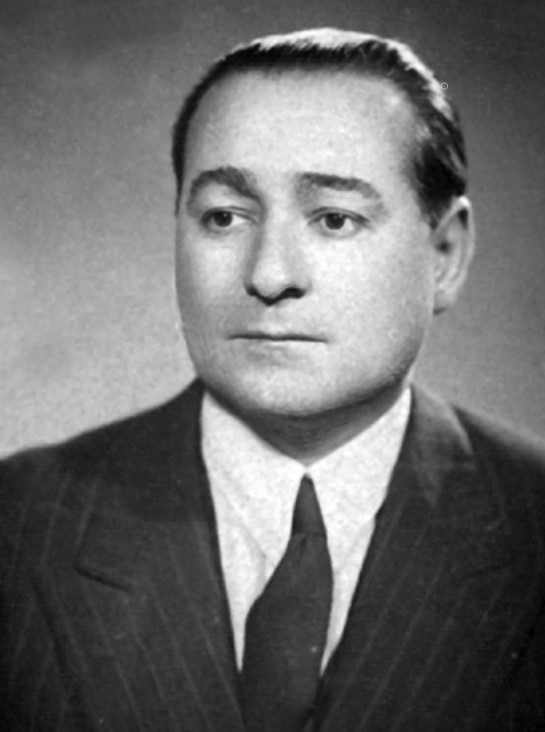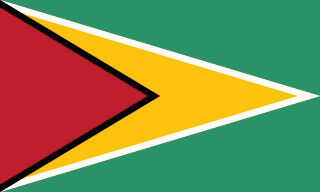
The 1999 Slovak Presidential elections were held on 15 May 1999, with a second round on 29 May. Following a constitutional amendment in 1998 that introduced direct presidential elections for the first time, they resulted in a victory for Rudolf Schuster, who received 57.2% of the vote in the run-off.

Parliamentary elections were held in Norway on 16 October 1933. The result was a victory for the Labour Party, which won 69 of the 150 seats in the Storting.

Presidential elections were held in Iceland on 29 June 1980. The result was a victory for Vigdís Finnbogadóttir, who received 33.8% of the vote. She became the world's first democratically elected female President.

Presidential elections were held in Iceland on 25 June 1988. The result was a victory for the incumbent president Vigdís Finnbogadóttir, who received 94.6% of the vote. The election marked the first time a sitting president was challenged in an election.

General elections were held in Belgium on 17 April 1977. The result was a victory for the Christian People's Party, which won 56 of the 212 seats in the Chamber of Representatives and 28 of the 106 seats in the Senate. Voter turnout was 95.1%. Elections were also held for the nine provincial councils and for the Council of the German Cultural Community.

General elections were held in Belgium on 5 April 1925. The result was a victory for the Belgian Labour Party, which won 78 of the 187 seats in the Chamber of Representatives. Voter turnout was 92.8% in the Chamber election and 92.7% in the Senate election.

Parliamentary elections were held in Norway on 17 October 1927. The result was a victory for the Labour Party, which won 59 of the 150 seats in the Storting.

Parliamentary elections were held in Norway in 1891. The result was a victory for the Liberal Party, which won 63 of the 114 seats in the Storting. The Conservative Party and the Moderate Liberal Party contested the elections in an alliance, although separate lists were used in some constituencies.

General elections were held in Turkey on 21 July 1946, the first multi-party elections in the country's history. The multiple non-transferable vote electoral system was used. The result was a victory for the Republican People's Party, which won 395 of the 465 seats.

General elections were held in Turkey on 2 May 1954.The electoral system used was the multiple non-transferable vote. The result was a victory for the Democrat Party, which won 503 of the 541 seats. Voter turnout was 88.6%.

General elections were held in Turkey on 27 October 1957. The electoral system used was the multiple non-transferable vote, with each electoral district electing an average of 9 members. The result was a victory for the Democrat Party, which won 424 of the 610 seats.

General elections were held in Belgium on 26 May 1929. The result was a victory for the Catholic Party, which won 71 of the 187 seats in the Chamber of Representatives. Voter turnout was 94.0%.

General elections were held in Liechtenstein on 5 February 1922, with a second round on 16 February. They were the first elections held under the 1921 constitution, which resulted in some changes to the electoral system. The result was a victory for the opposition Christian-Social People's Party, which won 11 of the 15 seats.

General elections were held in Liechtenstein on 16 March 1930. The result was a victory for the ruling Progressive Citizens' Party, which won all 15 seats in the Landtag. The result led to a debate over the introduction of proportional representation, which took place in 1939.

General elections were held in Portugal on 28 April 1918, following a coup by Sidónio Pais in December 1917. The elections were boycotted by the Democratic Party, the Evolutionist Party and the Republican Union, who had won over 90% of the seats in the 1915 elections.

Parliamentary elections were held in Portugal on 11 May 1919. The three main parties that boycotted the 1918 elections returned to contest the elections. The result was a victory for the Democratic Party, which won 86 of the 163 seats in the House of Representatives and 36 of the 71 seats in the Senate.

Parliamentary elections were held in Portugal on 8 November 1925. The result was a victory for the Democratic Party, which won 83 of the 163 seats in the Chamber of Deputies and 39 of the 70 seats in the Senate. With a military coup the following year and the subsequent Estado Novo period, they were the last truly multi-party elections in the country until the 1975 Constituent Assembly election.

Presidential elections were held in Colombia on 10 February 1914. They were the first direct presidential elections since 1860. The result was a victory for José Vicente Concha of the Conservative Party, who received 89.1% of the vote. Vicente took office on 7 August.

Presidential elections were held in Colombia on 9 February 1930. The result was a victory for Enrique Olaya Herrera of the Liberal Party, who received 44.9% of the vote. He took office on 7 August.

Presidential elections were held in Colombia on 11 February 1934. The result was a victory for Alfonso López Pumarejo of the Liberal Party, who received 99.6% of the vote. He took office on 7 August.















